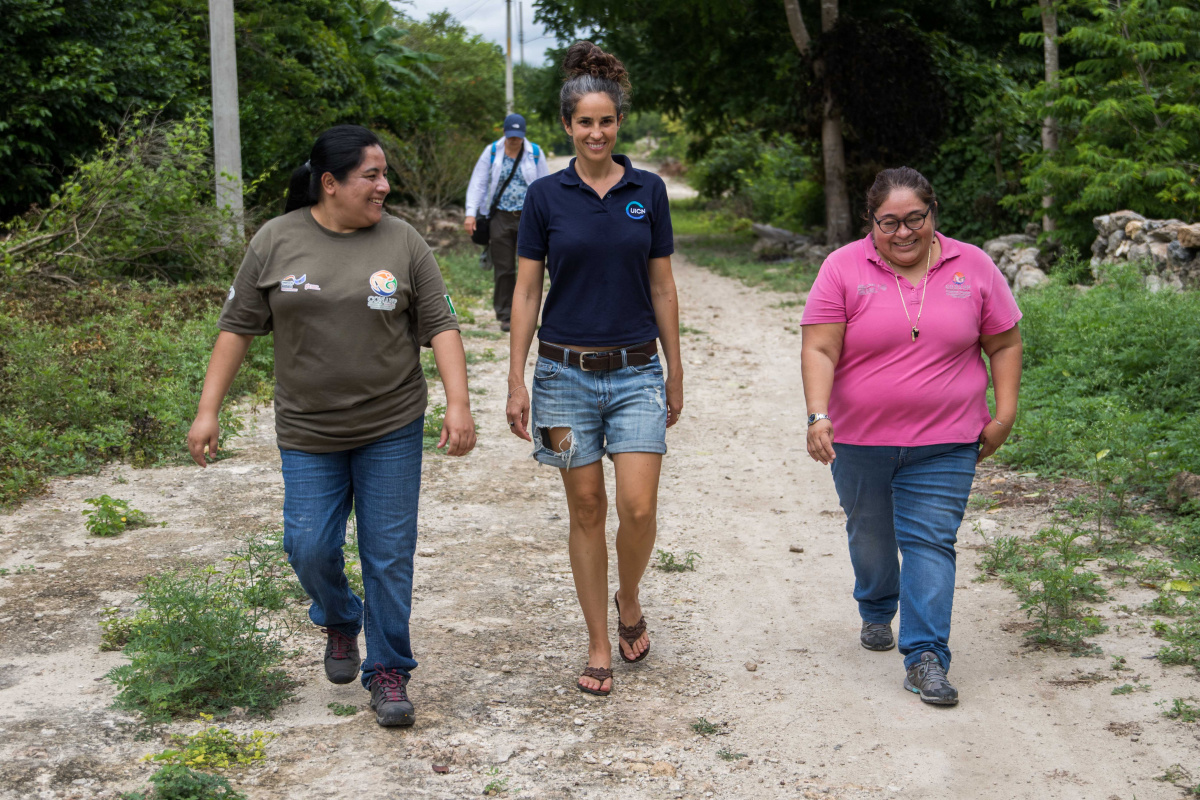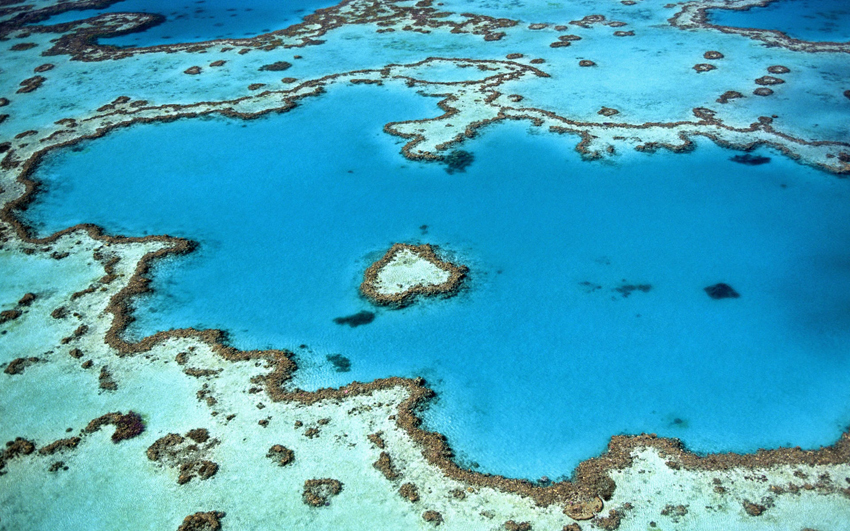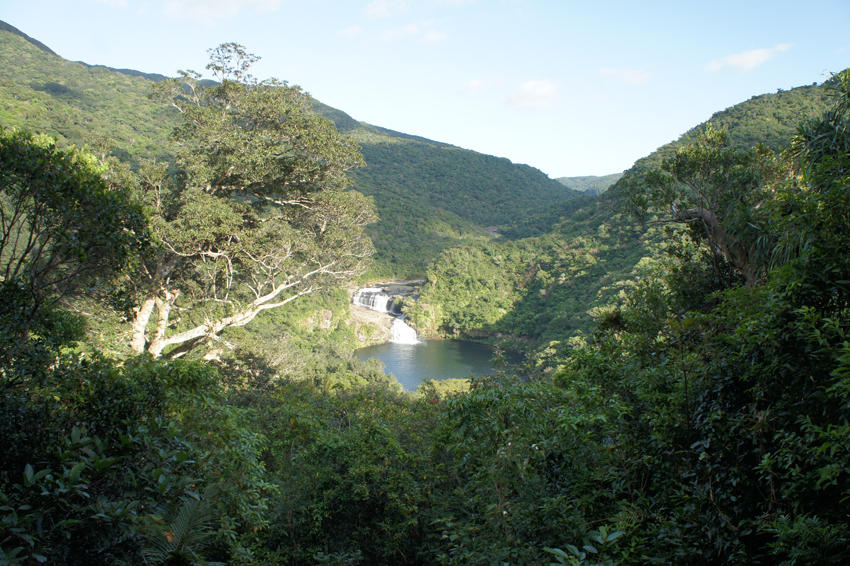Enanga showcases community testimonies on oil and other resources
We are pleased to announce the launch of Enanga, an online platform sharing photo and video testimonies from across Democratic Republic of Congo, Burundi, Rwanda and Uganda on the problems and promises of natural resources. Enanga (www.enanga.org) combines community perspectives captured in photo and video documentaries with expert analysis to foster accountable and participative natural resource management solutions.

Photo: IUCN NL
1.7 billion barrels of crude are estimated to lie under Ugandan Lake Albert waters. Neighboring Democratic Republic of Congo’s Atlantic coast hosts 180 million proven barrels. Oil companies are conducting hurried seismic studies in DR Congo’s Lake Edward and Burundi’s Lake Tanganyika, while Rwanda’s oil potential is still just a whisper. Among the Great Lakes’ resources, crude oil that promises the biggest financial impact per investor dollar and the biggest risk for ecosystem pollution, corruption and deepening the divide between citizens, governments and companies.
Enanga partner organisations know that the lack of transparency in oil dealings means that host populations often do not benefit from its revenues. The over 7,000 persons displaced from the site of Uganda’s future oil refinery who have yet to receive adequate and timely compensation know this well, as Global Rights Alert (GRA) and the Africa Institute for Energy Governance (Afiego) have documented. In DR Congo civil society groups oppose oil company SOCO International’s hasty and disruptive exploration activities in Virunga National Park and have been using participatory videos to gather evidence of relating to the impact of their work to date.
The ten civil society groups across DR Congo, Rwanda, Burundi and Uganda that contribute to Enanga are working together across borders. “There are no boundaries, biodiversity has no boundaries, pollution has no boundaries. The impacts of gas exploration have no boundaries…we have many things that unite us,” says Serge Nsengimana, Executive Director of the Association for the Conservation of Nature in Rwanda.
When confidential deals are made with public money in Uganda, and Burundi’s government receives unclear payments from minerals and oil companies, local impacts are only part of the story. Enanga also features analysis from experts from the region and beyond who explain why this matters and how. From Nigeria’s oil frontline, Betty Abah (Environmental Rights Action) explores how women and men are differently impacted by oil pollution and corruption, sharing her tips for community activism.
As a website platform, Enanga gives space for learning across borders on how to engage communities to protect vital resources and use them for positive ends. “I think what unites is a desire for development based on natural resources we are endowed with in our region, the Great Lakes region” says Winnie Ngabiirwe, Executive Director of GRA. Rwandan and Burundian fishing communities are photographing and filming practices that protect the fish stocks on which so many of them depend.
Enanga aims to foster solutions to ensure future prosperity for all across Great Lakes borders, with communities having their say in the resource-related questions that impact them first and foremost. Josue Mukura, head of fishermen’s collective Copeile in DR Congo, says “I know that people in Uganda have got more experience than us. So I want to share experiences with the people from Uganda. There I think we will be strong.”



